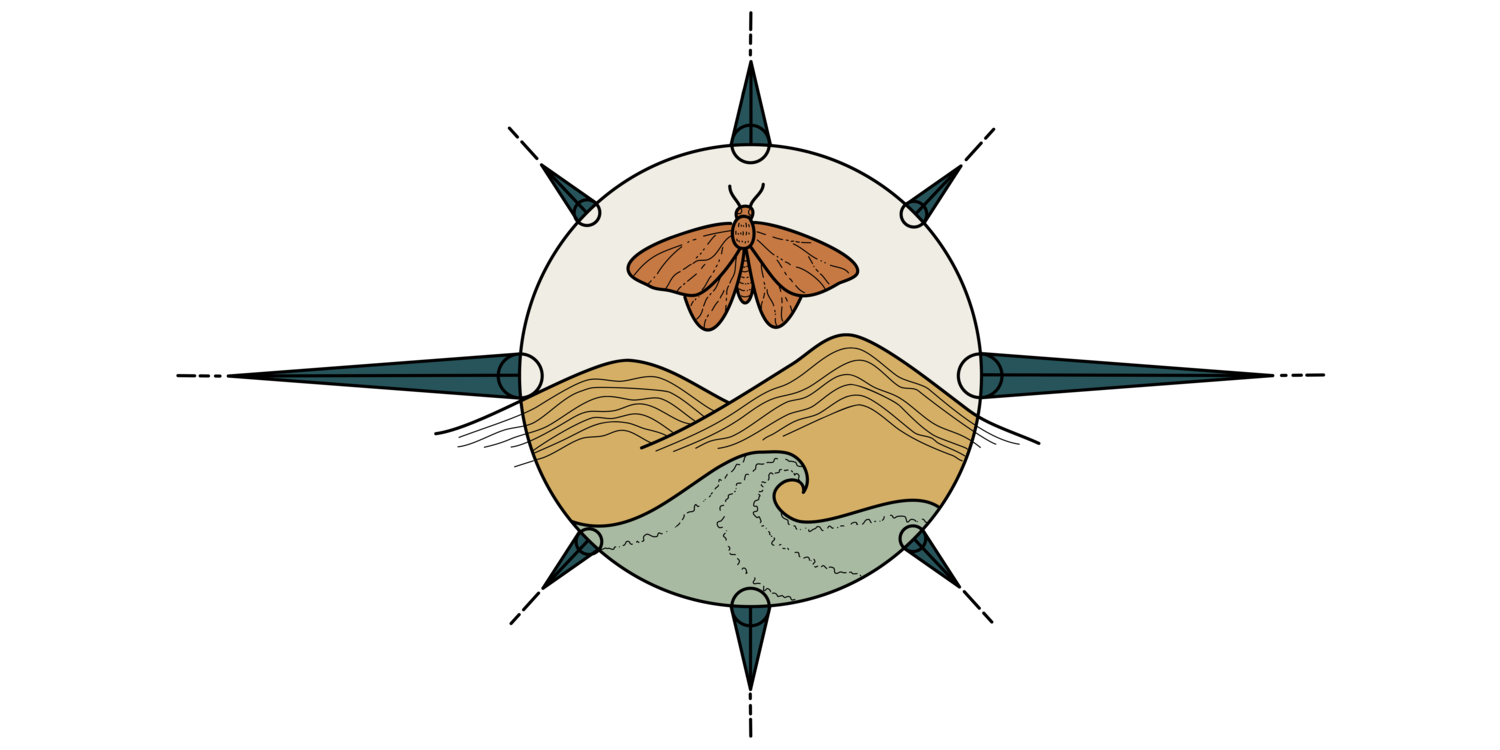“Reiki, as a phenomenon in the world, can cause no harm. But the ways in which we engage Reiki—as a system of practice and a human endeavor—DOES have the potential to cause unintended harm. Luckily, there are things we can do about that.”
The impact of trauma in our communities is wide-spread, as *90% of us have had some form of traumatic experience. Also wide-spread is a growing desire for practices, like Reiki, that can help us to ground, feel safe in our bodies, and connect us back to ourselves. Therefore, as David Treleavan, author of Trauma Sensitive Mindfulness, shares:
“This means that anywhere people are practicing mindfulness [or Reiki], someone is likely to be struggling with trauma.”
Cultivating a trauma-informed Reiki practice is essential for ensuring the greatest level of safety and comfort for our clients and students. It is also a leverage point where we, as Reiki practitioners and teachers, have tremendous opportunity to contribute to a culture of healing the impacts of trauma.
Do you feel committed to taking this opportunity to contribute to a culture of healing, and are curious about how to incorporate a trauma-informed perspective into your practice?
And yet perhaps…
You struggle to find the time to devote lengthy study to the vast amounts of material now available about how trauma works in the body, and the connections between trauma and embodiment practices like Reiki.
It can feel overwhelming and intimidating when you attempt to understand how to design a Reiki practice through a trauma-informed lens.
The line feels blurry between trauma-informed and trauma treatment, and you feel confused about whether you are qualified integrate any of it into your Reiki practice.
You worry that the requirements of a trauma-informed practice will limit how you run your sessions and classes.
That’s why I created the course: Cultivating a Trauma-Informed Reiki Practice.
This self-paced course is for Reiki practitioners who are committed to minimizing the potential for harm to occur in your Reiki sessions and classes. It guides you in creating a space that increases client safety, choice and consent, and minimizes the potential for harm by integrating trauma-informed perspectives and practices into your Reiki sessions and classes.
In this course you will:
Receive an accessible introduction to the biology of trauma and why embodiment practices like Reiki benefit those carrying trauma, in order to demystify the range of experiences our clients may come to us with;
Learn a series of practices and protocols that can be immediately and easily incorporated into your practice and/or teaching, so that you can build container of safety, choice, and consent for all while minimizing overwhelm for you;
Explore and practice the mindsets that form a trauma-informed practice, without feeling pressure that you have to treat trauma, so that you can unlock deeper experiences of healing and empowerment for all of your clients, whether or not they come to you with trauma;
Explore the connections between oppressive systems in society and trauma, and strategies for interrupting those systems through the way you structure your Reiki practice;
Receive a workbook containing all of the teaching materials, practices, and tools for integrating a trauma-informed lens into your Reiki practice in ways that feel authentic to you and your style.
This Self-Paced Course Includes:
Six hours of video coursework, divided into six lessons with accompanying journal prompts and activities
One bonus lesson, focusing on applying a trauma-informed perspective to distance Reiki sessions
Our 77-page workbook and printable version of the journal pages
An optional 1-hour follow-up call with me to talk through questions, strategies for customizing the material to your practice, etc.
PLEASE NOTE: This course does not teach you how to directly treat trauma with Reiki. Rather, you will learn how to incorporate mindsets, practices and protocols that increase opportunities for clients and students to feel safe, empowered and in control of their healing, regardless of whether they come to you with trauma. By normalizing these experiences within our practices, we increase our community’s capacity to transcend trauma and embrace a culture of healing.
*90% statistic quoted from The Body Keeps the Score by Bessel van der Kolk.









